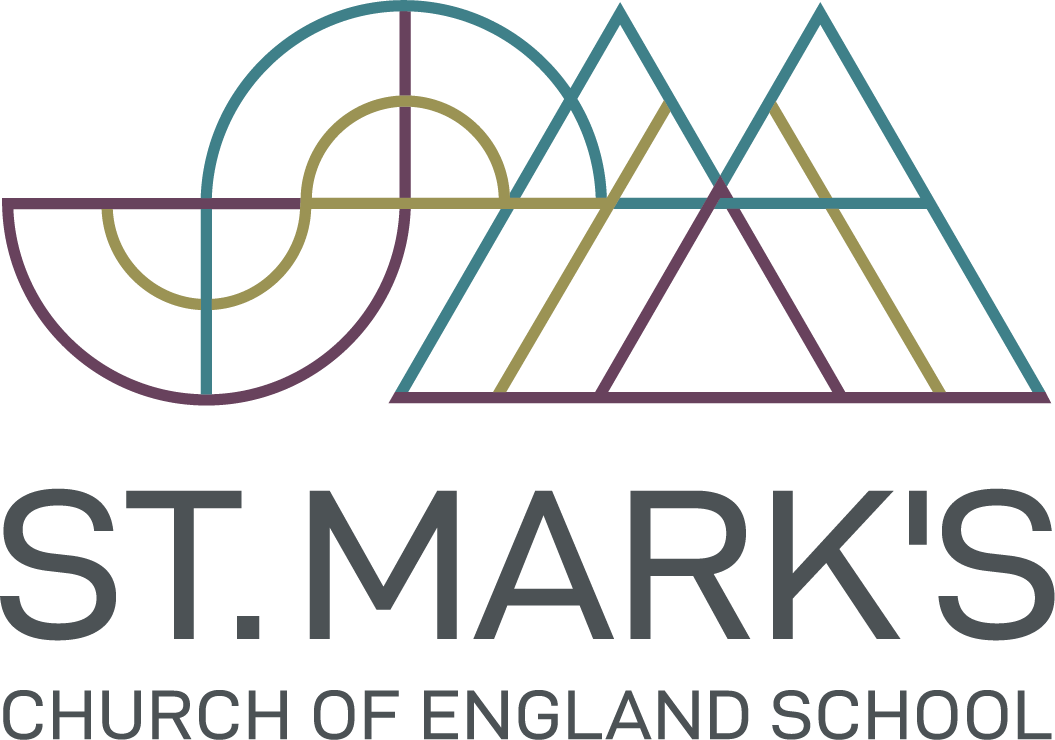Assessment
Assessment and Reporting
High quality assessment is an essential part of what teachers do in the classroom. From a simple question and answer session to check if students are ready to move on in their learning to a formal examination, teachers are constantly gathering information about their students. The information they gather has a number of uses:
- to help teachers plan
- to let teachers and students understand where they are in their learning and how to move on
- to monitor and track progress
- to trigger intervention
- to provide information for parents
Assessing Students across the Primary and Secondary Phases
As the curriculum is our progress model, put simply, assessment is there to ask how well the curriculum for each year group is being taught, learned and remembered. Through ongoing and formative assessment, we adapt the pace of the curriculum to ensure that it is sufficiently challenging and supportive for cohorts of students, identified groups of students and individuals. Our aim is for all students to access all elements of their learning and to interleave knowledge so that it is understood, remembered and applied in the longer term.
We assess through:
- Checking how well the intended curriculum has been implemented and subsequently understood and remembered. This is crucial across every subject – rewinding, for example, previous science or geography or art content, to build new knowledge on secure foundations. The St Mark’s all-through curriculum maps for each subject ensure that teachers make explicit links to prior knowledge.
- Daily questioning and discussion.
- Daily feedback and marking (see feedback policy)
- 1:1 reading (phonics trackers are in place for all pupils on a phonics programme).
- The checking of understanding through whole class teaching. The emphasis is on children ‘keeping up’ with expectations to enable them to be ready for the next stage of learning.
- Regular retrieval practice across all subjects through quizzing (including use of knowledge organisers). In the secondary phase, fortnightly learning checks (e.g. 10 question MCQ, short exam style question etc) will be completed by all students.
- Within each unit of learning, a Deeper Learning Check (e.g. a pre-planned assessment task, an essay, a longer set of questions etc) will be completed across all subjects by all students in all phases (years 1-7).
- Pre and post unit assessments where appropriate.
- Termly assessments. These vary according to phase, but may include more formal testing. The purpose of termly assessments is to compare students’ progress and attainment with that targeted for each individual, based on performance at the end of the previous key stage, and high expectations and aspirations. At the end of each term, teachers will report an attainment target for each student and these will be recorded on SIMS. Each term’s assessments lead to pupil progress meetings in which each student is discussed to determine any change in provision required.
The following grade descriptors will be used across the school:
| Early Years | On Track or Not on Track against half termly milestones in each area of learning | On Track or Not on Track against Early Learning Goals | |
| KS1 | Working Towards (WT) | Expected (E) | Greater Depth (GD) |
| KS2 | Working Towards (WT) | Expected (E) | Greater Depth (GD) |
| KS3 | Working Towards (WT) | Expected (E) | Greater Depth (GD) |
| GCSE Grade | 1-3 | 4-5 | 6-9 |
Statutory and national assessments:
- Early Years Foundation Stage Profile (end of Reception)
- Year 1 national phonics screening
- Year 2 Key Stage One (KS1) SATs (reading; writing; mathematics)
- Year 4 multiplication tables check
- Year 6 Key Stage Two (KS2) SATs (reading; writing; mathematics, SPAG).
- Year 11 GCSE examinations
Please find below our assessment and reporting schedule. The dates on the reporting schedule are the deadlines for staff to submit information: there then follows a period of checking before publication. At the bottom of the document you will find a mini calendar of assessment events for each year group.
Assessment and Reporting Schedule
https://docs.google.com/document/d/1FIe_ci0k1iWiKp0i43Em2BZiMZDwcgYU/edit


